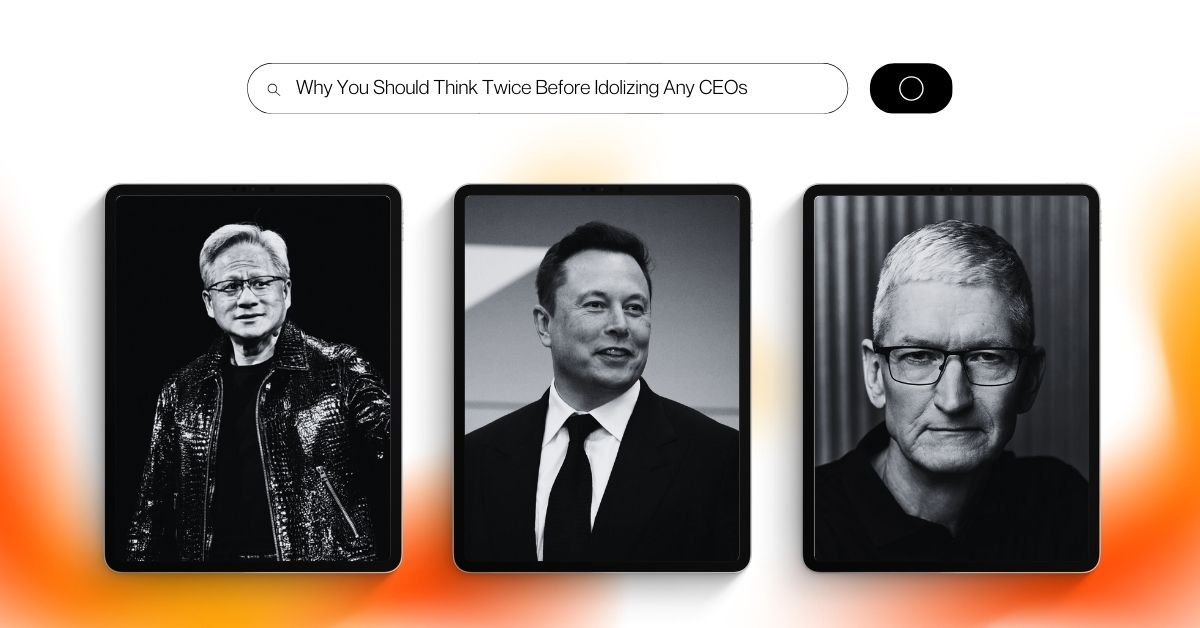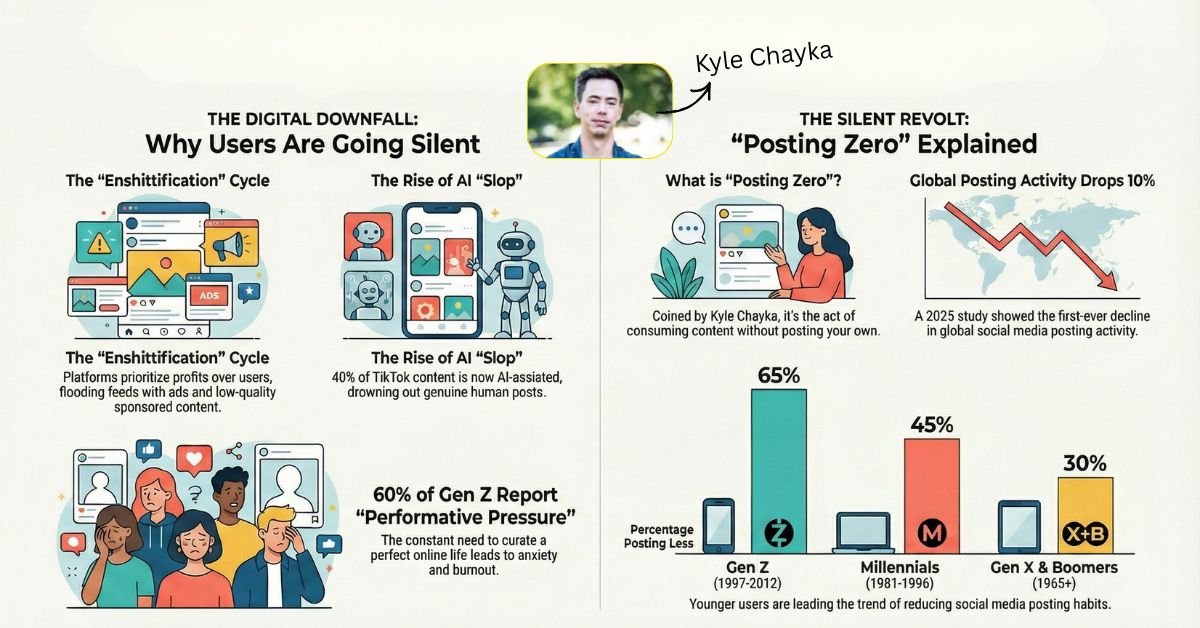Table Of Contents
AI Governance
Artificial Intelligence (AI) is transforming industries, creating new possibilities, and reshaping the future.
However, with great power comes great responsibility.
The need for effective AI governance is growing as fast as technology.
From ethical dilemmas to privacy concerns, AI presents numerous challenges.
This post will explore 21 challenges in AI governance and offer insights on how we can address them to ensure that AI benefits everyone.
1. The Fragmented Global AI Governance Approach
AI is advancing rapidly, but a single, unified global framework for its governance has yet to be implemented.
Countries and regions are developing their regulations, which can create inconsistencies.
Solution: A global coalition of governments, businesses, and AI experts should work towards building a universal AI governance framework. A collaborative approach can ensure consistency and fairness.
2. Bias In AI Algorithms
AI systems often reflect biases in the data on which they are trained, which can lead to discriminatory outcomes in hiring, law enforcement, and healthcare.
Solution: Regular bias audits and diverse datasets can help reduce bias in AI systems. Ensuring diverse voices in AI development is critical to creating fairer algorithms.
3. Lack Of Transparency (The “Black Box” Problem)
AI systems, particularly machine learning models, are often called “black boxes” because their decision-making processes are not difficult to understand.
Solution: Encourage the development of explainable AI (XAI) that allows for greater transparency in how AI makes decisions. Especially in critical sectors like healthcare and finance, transparency is essential.
4. Privacy Concerns
AI’s reliance on big data raises significant privacy issues.
Many systems collect and process vast amounts of personal data without explicit consent.
Solution: Strengthen global privacy regulations that ensure data collection and usage transparency and give individuals control over their data.
5. AI And Copyright Issues
AI systems often generate content using existing works, raising questions about intellectual property and copyright laws.
Solution: Introduce clear guidelines on copyright in AI-generated content, ensuring that creators and data owners are adequately protected and compensated.
6. Impact On Jobs And The Economy
AI’s ability to automate tasks threatens millions of jobs globally, particularly in the manufacturing and customer service sectors.
Solution: Invest in upskilling and reskilling programs to help workers transition into new roles created by AI. Governments and businesses need to collaborate to support the workforce of the future.
7. AI’s Environmental Impact
The computing power required for training large AI models consumes significant energy and water, raising environmental concerns.
Solution: Develop green AI technologies that prioritize energy-efficient algorithms and adopt clean energy sources for data centers.
8. Disinformation And Deepfakes
AI-generated deepfakes and misinformation erode trust in media and public discourse, leading to real-world harm.
Solution: Governments and tech companies should collaborate to create tools to detect and combat disinformation. Public education is critical to raising awareness about the dangers of AI-driven misinformation.
9. Ethical AI Development
Many AI systems are developed without ethical considerations, leading to unintended negative consequences.
Solution: Mandate ethical guidelines in AI development, focusing on potential societal impacts. Building ethics into the core of AI systems is essential.
10. Regulatory Challenges
AI’s rapid evolution often outpaces the creation of laws and regulations that govern its development and use.
Solution: Governments must proactively establish flexible yet comprehensive regulations that adapt to new AI developments. Agile governance could be the key to keeping up with technological advances.
11. Geopolitical Competition
Countries are racing to develop AI technologies for economic and military advantages, sometimes at the expense of ethical considerations.
Solution: Foster international cooperation on AI development, emphasizing the importance of global safety standards and reducing the risk of an AI arms race.
12. Data Ownership And Sovereignty
AI often relies on cross-border data flows, raising questions about who owns the data and how it is used.
Solution: Develop international agreements on data sovereignty and ownership, ensuring countries and individuals retain control over their data.
13. AI’s Influence On Social Inequality
AI can exacerbate social inequalities, particularly in areas with limited access to technology.
Solution: Promote AI accessibility by investing in digital infrastructure for underserved communities, ensuring that AI benefits are distributed equitably.
14. AI’s Role In Surveillance
AI-powered surveillance systems can be used to monitor citizens, raising privacy and civil liberty concerns.
Solution: Introduce stringent regulations around the use of AI in surveillance, ensuring that it is used responsibly and ethically.
15. The Misplaced Focus On AGI
Discussions around Artificial General Intelligence (AGI) can distract from current AI systems’ immediate, real-world challenges.
Solution: Shift focus from speculative AGI debates to addressing today’s AI challenges, such as bias, transparency, and ethical use.
16. Accountability And Legal Responsibility
Determining accountability when AI systems malfunction or cause harm is a complex issue.
Solution: Establish legal frameworks defining responsibility for AI-related incidents, ensuring accountability across the entire development and deployment chain.
17. AI In Healthcare
AI is revolutionizing healthcare, but there are concerns about the accuracy and safety of AI-driven diagnoses and treatments.
Solution: Implement rigorous testing and validation processes for healthcare AI systems, ensuring they meet the highest accuracy and safety standards before deployment.
18. Public Perception And Trust In AI
A lack of understanding about AI technology leads to fear and mistrust among the public, limiting its acceptance and adoption.
Solution: Launch public education campaigns that demystify AI, focusing on its benefits while being transparent about potential risks.
19. AI And Cultural Representation
Many AI systems are built on data that does not reflect global cultural diversity, leading to systems that may not work well across different regions.
Solution: Ensure AI models are trained on diverse datasets representing various cultures, languages, and perspectives to create more inclusive systems.
20. International Data Regulations
AI development often requires cross-border data sharing, but inconsistent regulations across countries complicate these efforts.
Solution: Push for global data regulations that create a standardized framework for sharing data across borders while respecting privacy and sovereignty.
21. Long-Term Impacts On Human Rights
AI has the potential to both protect and violate human rights, depending on how it is used.
Solution: Make human rights a central consideration in AI governance by building systems prioritizing fairness, transparency, and accountability.
Conclusion: Building A Responsible Future With AI
AI presents a world of possibilities but comes with serious challenges that require thoughtful and responsible governance.
By addressing these 21 challenges, we can ensure that AI is developed and deployed to benefit society while mitigating risks and protecting human rights.
The future of AI is not just about innovation—it is about building systems that serve humanity in the best possible way.
What do you think are the most pressing challenges in AI governance?
How can we work together to create a future where AI benefits everyone?
Final Thoughts: Governance And Innovation Must Go Hand In Hand
The rapid rise of AI is reshaping our world in unprecedented ways.
As we continue to innovate, we must ensure that governance and ethical considerations keep pace.
The time to act is now—to shape AI for the betterment of society, protect our rights, and make sure no one is left behind.






